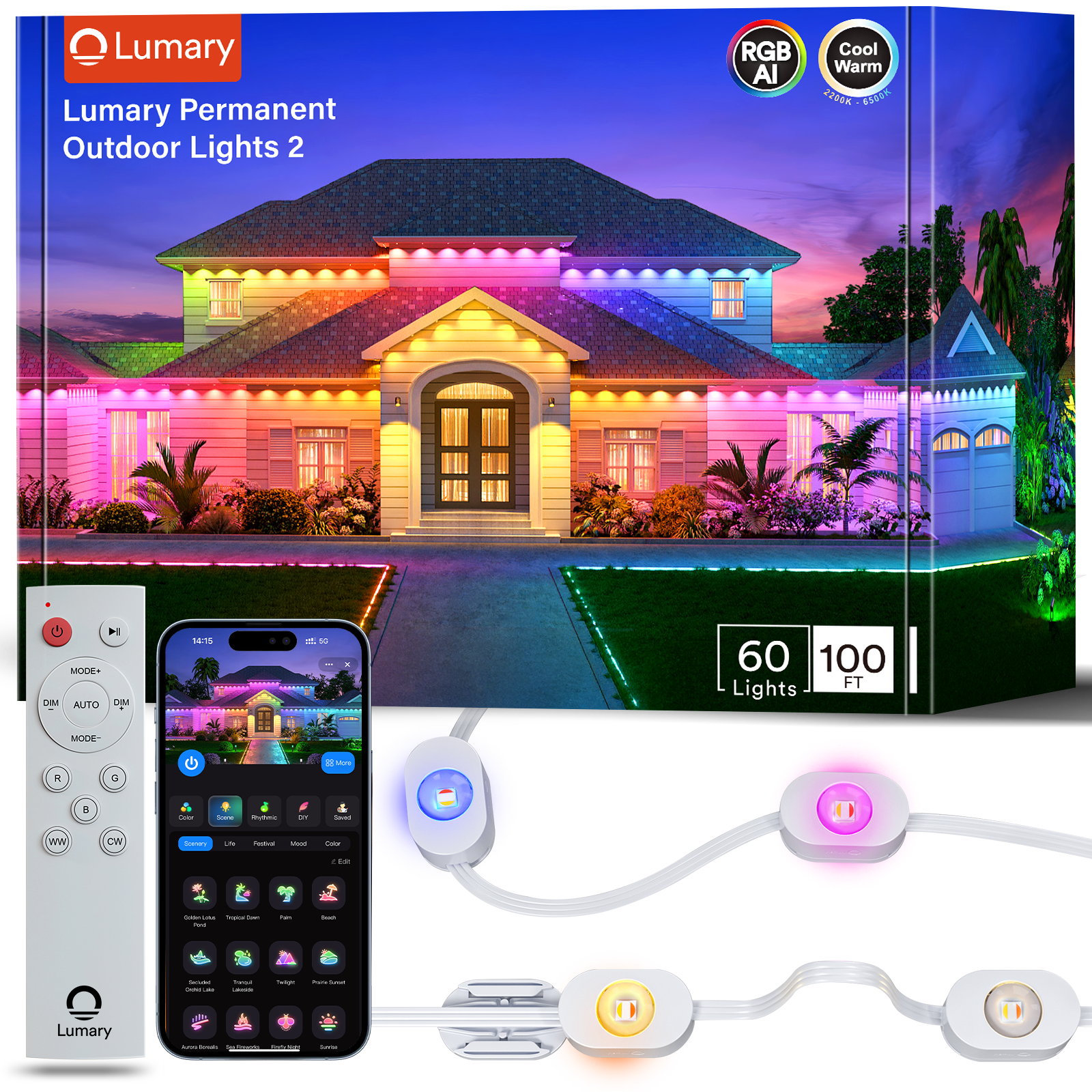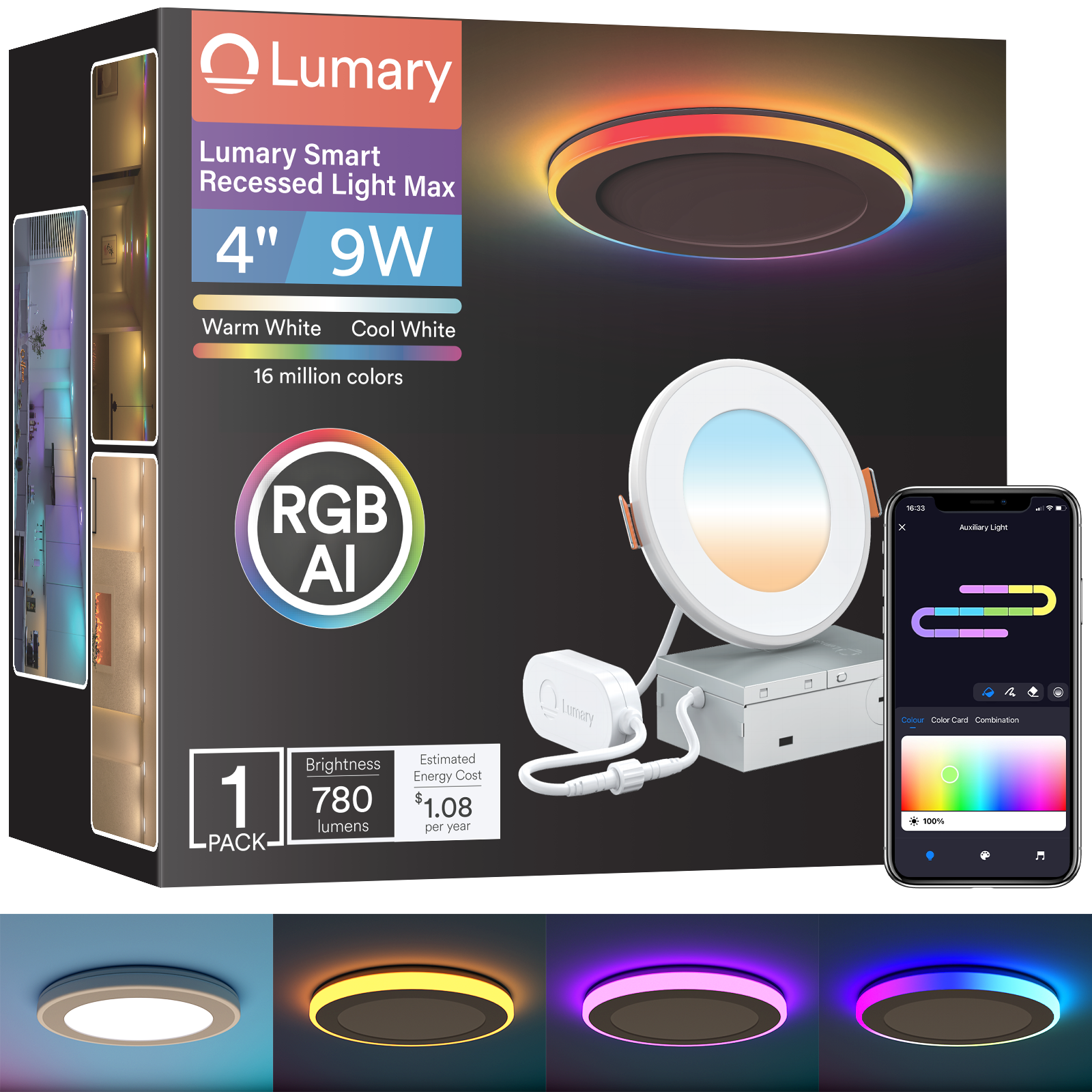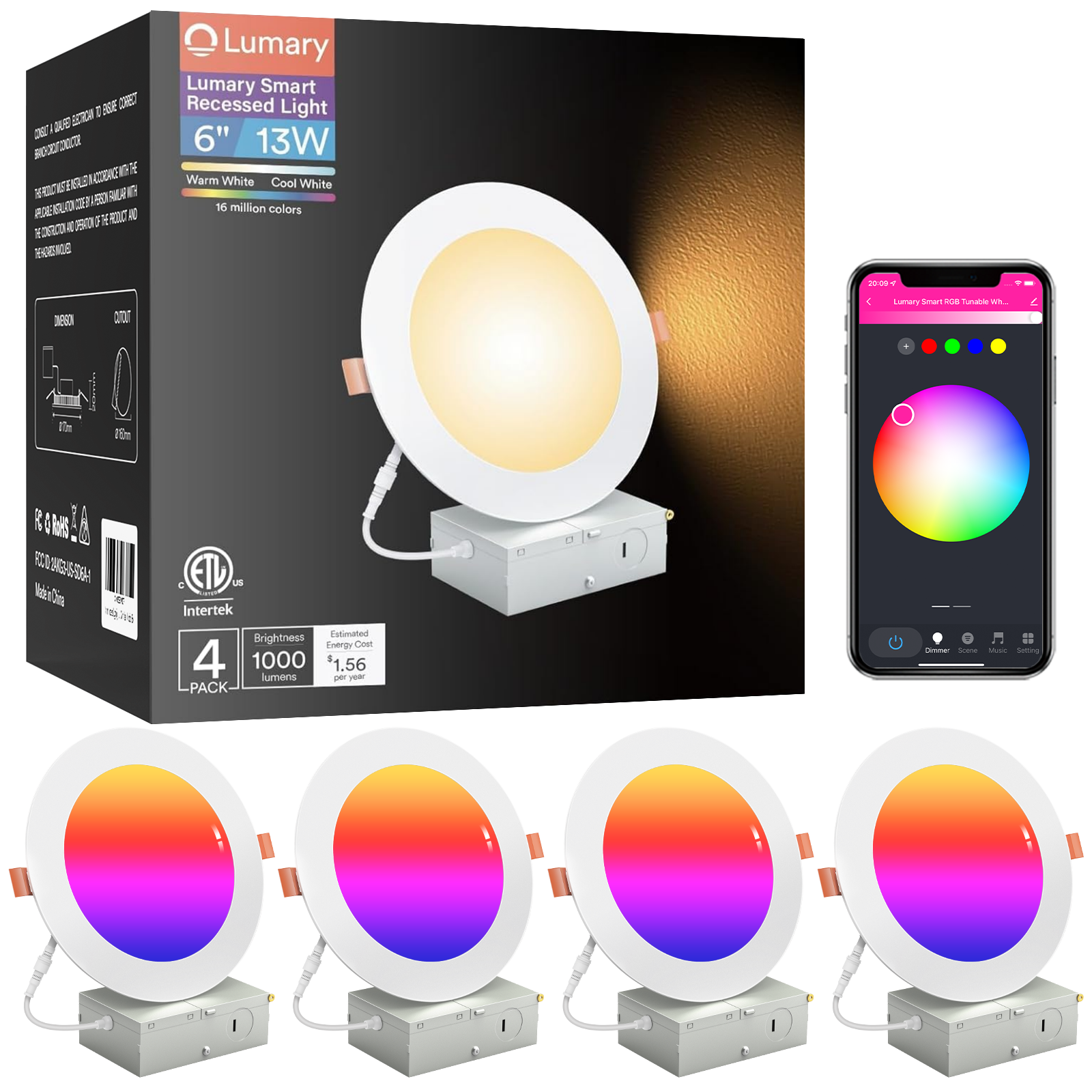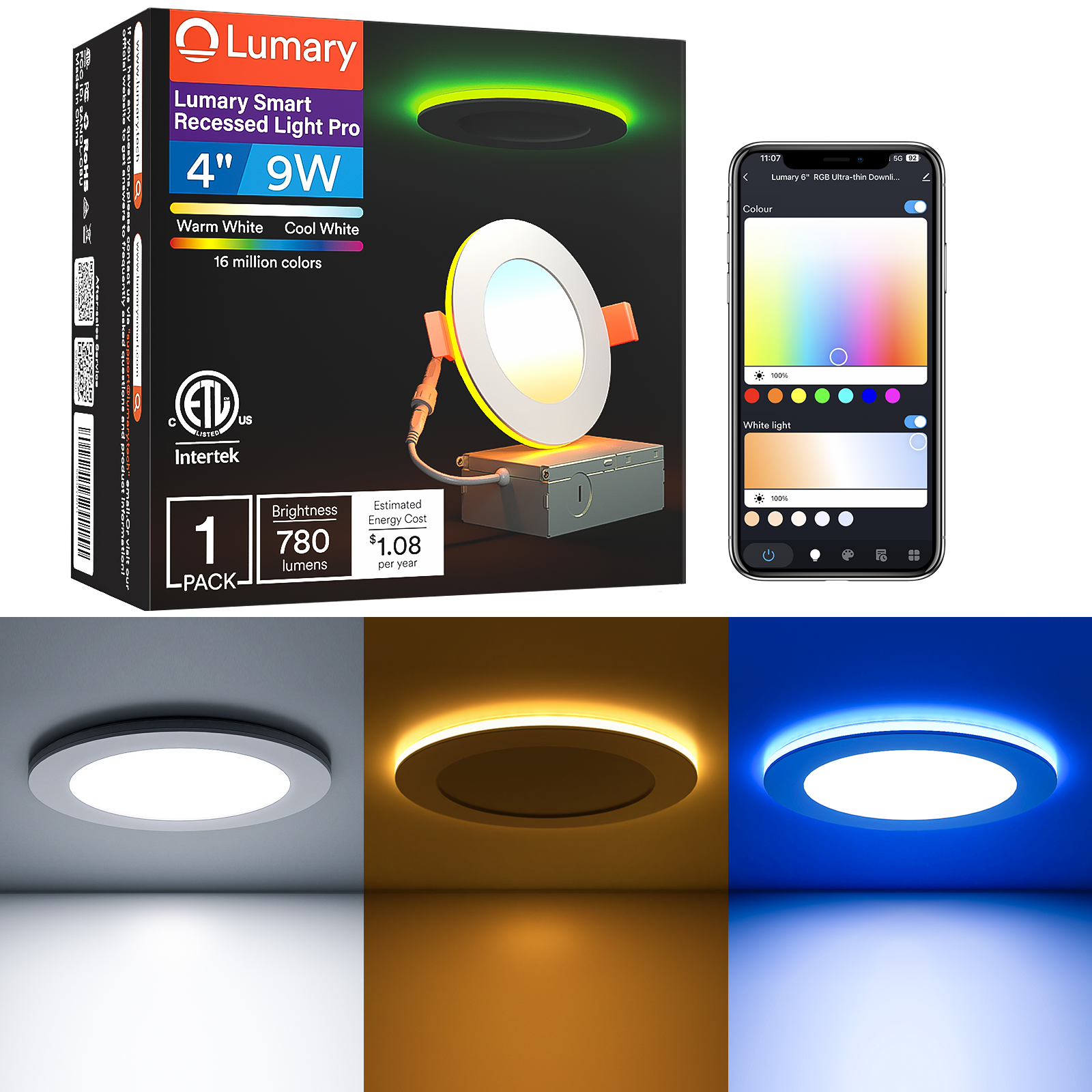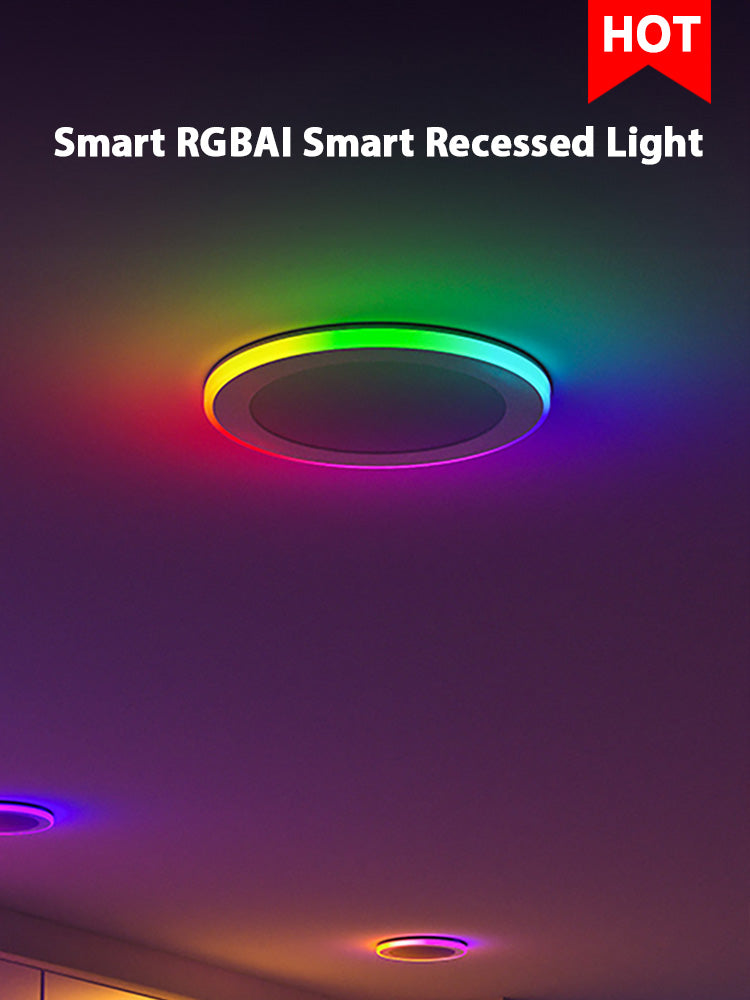Birdwatching enthusiasts know that the right location can turn a simple bird feeder into a bustling hub of avian activity. It's not just about putting out seeds; it's about choosing a safe, visible, and attractive spot that invites birds to become regular visitors. In this guide, we'll take a closer look at how to pinpoint the ideal place for your window bird feeder ensuring it becomes a favorite stop for these delightful creatures. So, join me as we delve into the art of making your backyard a haven for birds.
Understanding Bird Behavior
Birds are on a constant lookout for two key things: food and safety. They have a knack for finding feeders that offer a good view of their surroundings while keeping them out of harm's way.
Birds prefer locations where they can zip away to safety at a moment's notice. So, when they're scanning the neighborhood for snacks, they're also checking for any signs of danger. This could be anything from a sly cat prowling around to the shadow of a hawk soaring overhead. They favor spots where they can eat in peace but can bolt to cover if they sense trouble.
And it's not just about avoiding predators. Birds appreciate a little privacy too-just enough foliage nearby gives them a comfortable place to perch and preen after their meal. Plus, different birds have different tastes; some love the hustle and bustle of a busy garden, while others might prefer the quiet seclusion of a tucked-away corner.
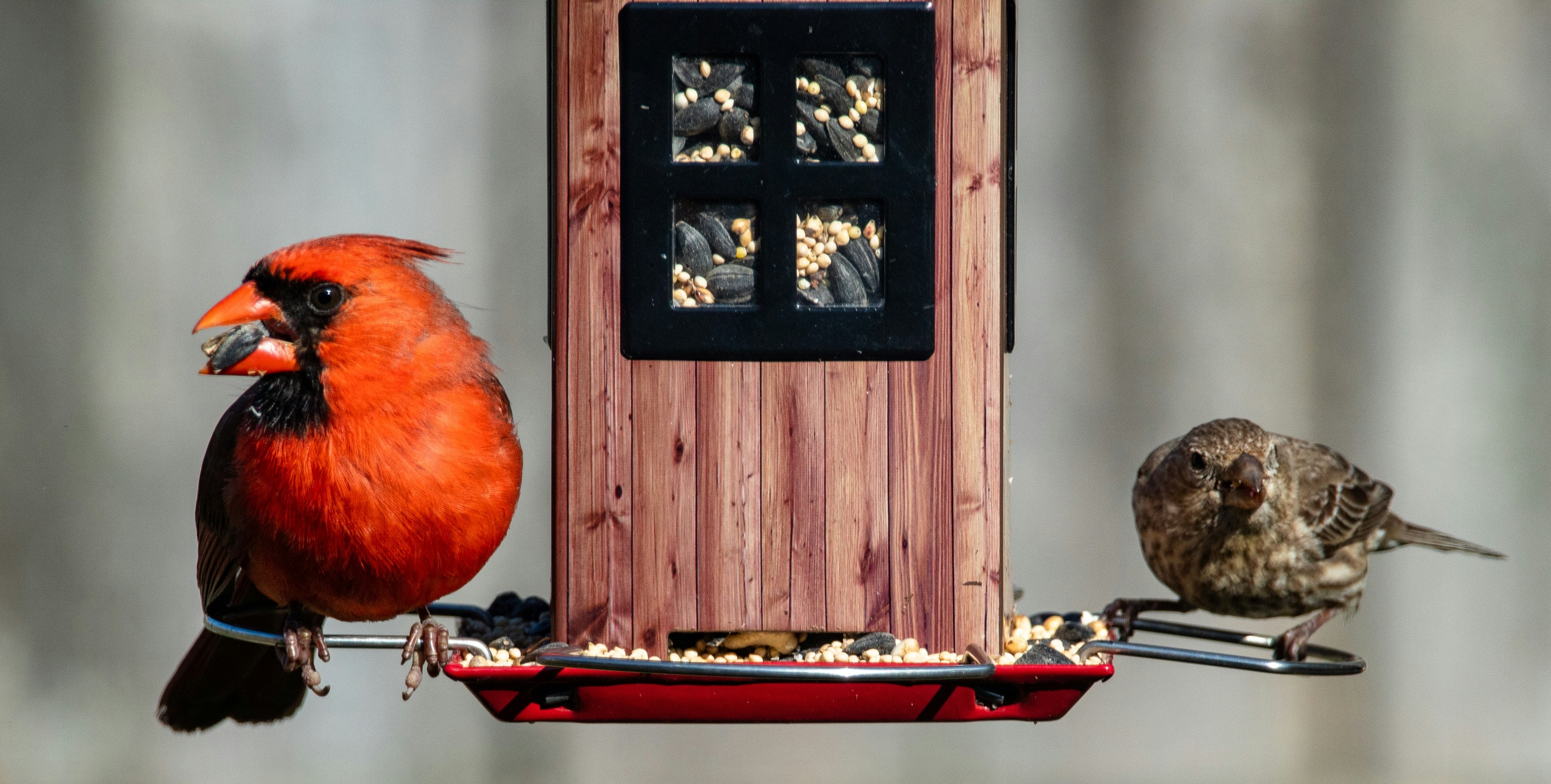 Choosing a Safe Spot Away from Sneaky Predators
Choosing a Safe Spot Away from Sneaky Predators
Hang It High
Let's keep it simple: the higher, the better. Aim to hang your bird feeder camera about Ten feet off the ground. It's just the right height to stop those sneaky cats or other critters from jumping up for a surprise visit.
Clear Space, Clear Mind
Birds need to see that the coast is clear when they're chowing down. So, pick a spot away from dense bushes where cats like to hide and pounce. A clear space around the feeder means birds can relax and eat without worrying about who might be creeping up on them.
A Room with a View
Think of your feeder as a bird diner with a view. If you can watch the birds from your window, chances are they'll feel safe enough to stick around. Birds like to know they can make a quick getaway if they need to, so being near some branches they can dart into? That's like offering valet parking with their meal.
Keep the Squirrels at Bay
Squirrels might not be after the birds, but they sure are after the birdseed. To keep these little gate-crashers out, look for feeders that say "squirrel-proof" (they really do help) or use baffles-those funny umbrella-like things that block squirrels from climbing down to the feeder.
Maximizing Visibility for Birds
Spotlight Your Feeder
To get our feathered friends to notice, we need to put the feeder where it's easy for them to see. Think of it like a billboard for birds-front and center! A place out in the open, where there's plenty of sky above, makes your bird feeder with camera an easy find for birds flying by. And once your feeder is in the perfect spot, why not keep an eye on the action even when you're not outdoors? Consider using the best bird feeder camera in 2024 to enjoy the beauty of the birds from anywhere at any time.
Sunshine and Shadows
Birds are like us when we're trying to read a book; they need good lighting. So, placing your feeder where it gets a bit of sunshine can really help. But keep in mind, you don't want it to be all sun and no shade. A little afternoon shadow is good, so the birds can feed without getting too hot.
Color Me Bird-Friendly
Did you know birds have favorite colors? It's true! Bright colors can attract them (think reds and yellows), so if your feeder has a splash of color or you hang some colorful decorations nearby, it's like telling birds, "Hey, come check this out!"
Make it Easy to Spot from Above
Last up, birds need to spot your feeder while they're up in the air. A nice open space away from tall trees or buildings means birds can see your feeder while they're flying over and drop in for a bite.
Accessibility and Convenience
Right Place, Easy Access
We want our birds to have a stress-free trip to the feeder. It's like putting up a sign that says, 'Easy Entry Here!' Choose a spot that doesn't make birds dodge through a maze. Somewhere open enough so they can swoop straight in without fancy flying tricks is ideal.
Close to Home Base
Birds feel comfy when they don't have to travel far from home for food. If you know where birds like to hang out-like those trees where they love to sing in the morning-set up your feeder nearby. It's like having a favorite coffee shop just around the corner; convenient and oh-so-appealing!
Maintenance Matters
Let's not forget about keeping things tidy for our winged pals. Place the feeder somewhere you can easily reach for quick clean-ups and refills. A well-maintained feeder is like a five-star bird restaurant with repeat customers.
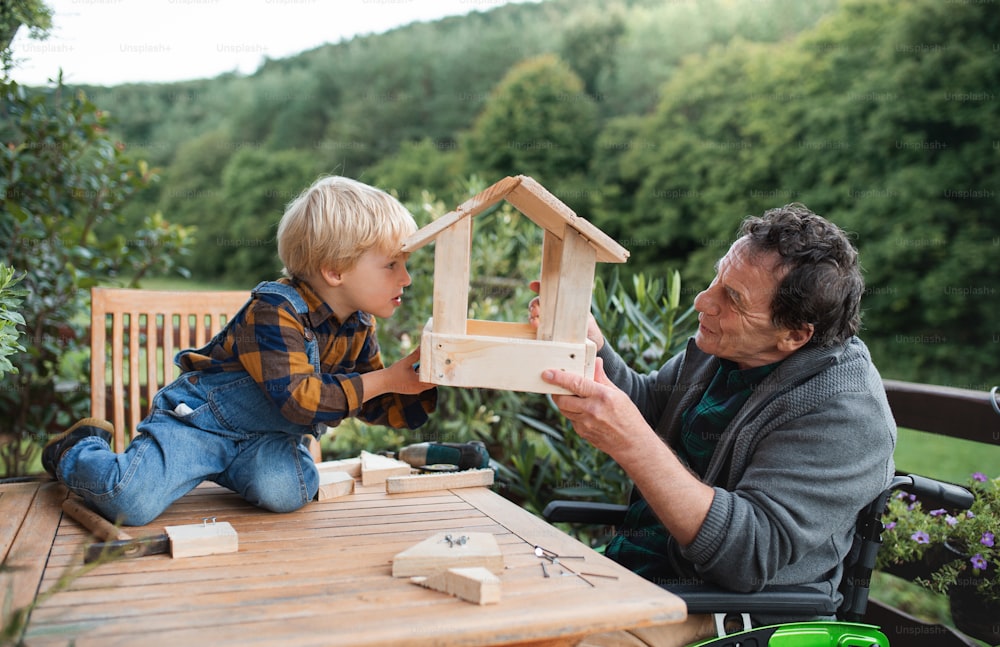 Shelter and Environmental Protection
Shelter and Environmental Protection
Weathering the Storm
Birds are tough, but they sure appreciate a comfortable dining spot. Think about how you'd want some shelter while eating outdoors on a rainy day. Placing your feeder in a spot that's shielded from the worst of the wind and rain is like offering a cozy eatery for the birds. A little overhead cover, like a tree branch or overhanging roof, can make all the difference.
Summer Shade, Winter Sun
Seasons change, and so should your bird-feeding strategy. In the hot summer months, find a location that offers shade to give the birds a cool spot to rest. But when winter rolls around, a sunny spot can provide much-needed warmth. It's like choosing an outdoor seat at your favorite café, depending on the weather.
A Steady Place to Perch
During those blustery days, birds will be grateful for a stable place to land. A feeder hung in a sheltered area where it won't sway too much makes for a reliable pit stop. It's akin to having a stable chair to sit on-nobody likes wobbling around with their food!
Integrating with Your Garden and Aesthetics
Make It a Part of the Landscape
Your smart bird feeder doesn't just have to be functional; it can also be a charming addition to your garden. Find a spot that lets the feeder blend in with the plants and flowers you've already got. It's like adding a piece of art to your outdoor space - something that stands out, but in a way that feels like it's always belonged.
Choose Feeders That Complement Your Garden's Style
With so many feeder styles out there, pick one that matches the vibe of your garden. Got a modern setup? Look for a sleek, contemporary feeder design. More of a rustic charm kind of person? A wooden feeder could be just the ticket. Think of it as picking out decorations that not only you'll love to look at, but the birds will enjoy too.
Create a Bird-Friendly Zone
Consider the bigger picture: are there places for birds to safely wait their turn or take a quick bath nearby? Including bird baths and perches transforms your garden into a little bird paradise - it's about creating an inviting environment that caters to their needs while adding beauty to your space.
Strategic Placement of Bird Feeder Cameras
For birdwatchers who want to take their passion to the next level, installing a bird feeder camera can be an exciting addition. It allows you to observe and record the birds up close and personal, without disturbing their natural behavior. However, just like choosing the location for your bird feeder, placing your camera requires careful thought to ensure the perfect shot while respecting the privacy of our feathered friends.
Visibility and Angle
When setting up your bird feeder camera, the angle is everything. You'll want to make sure the camera has a clear view of the feeding area without any obstructions. Position it at an angle that captures the birds' approach and departure as well as their interactions at the feeder.
Distance and Focal Range
Consider the distance from the camera to the feeder. The goal is to be close enough to capture fine feather detail but far enough to encompass the entire scene. Ensure your camera has an appropriate focal range and consider using zoom features to fine-tune your shot.
Lighting Matters
Just as with the feeder itself, lighting is crucial when positioning your camera. Avoid placing it directly facing the sun, as this can cause glare and obscure the footage. Aim for a setup where the sun is behind the camera for part of the day, providing optimal natural lighting for your images.
Connectivity and Power
Ensure that the spot you choose for your camera has the necessary connectivity for remote viewing, if desired. Wi-Fi-enabled cameras allow for live streaming and immediate enjoyment of the birds' activities. Additionally, think about how you'll power your camera - battery, solar, or a wired connection. This could limit where you can place your camera, so plan accordingly.
Safety and Protection
Your camera needs to be safe from the elements and curious critters. Weatherproof cameras or protective housing are essential to ensure the longevity of your equipment. Be wary of placing cameras too close to squirrel routes or nesting sites that may attract other wildlife which could damage your gear.
A well-placed camera not only enriches your understanding of bird behavior but also provides endless entertainment and educational opportunities. So, find that sweet spot where technology meets nature, and enjoy the show!
Final Thoughts: Enjoying Your Birdwatching
Finding the perfect spot for your smart bird feeder is all about balance – keeping our feathered friends safe, seen, and sheltered while blending seamlessly into your garden's embrace. It's a matter of trial and joy; with a dash of patience and observation, you'll create a bustling bird haven that thrills both winged guests and human hosts alike. So, take a moment to reflect, adjust, and watch as your garden becomes a favorite stop on the birds' daily route.



